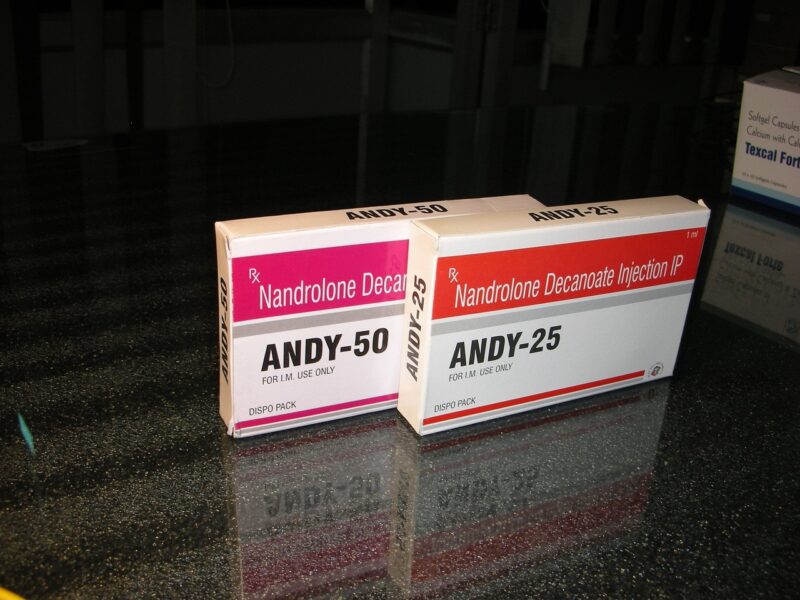How Steroids Impact Mental Health: What Every User Should Know About Psychological Effects
November 14, 2024

Steroid use has become increasingly popular, particularly among athletes, bodybuilders, and even casual gym-goers. While the physical benefits of steroids are often touted—such as increased muscle mass, strength, and improved athletic performance—what many users overlook are the potentially severe psychological effects that these substances can inflict. This article delves deep into the relationship between steroid use and mental health, shedding light on what every user should know about the psychological impacts of steroids.
—
1. Understanding Steroids and Their Uses
Anabolic steroids, synthetic variations of the male sex hormone testosterone, are commonly used to promote muscle growth and enhance physical performance. Typically, these substances are abused to achieve aesthetic goals or to gain a competitive edge in sports.
#
Common uses of steroids include:
– Medical Treatments: Steroids can help treat various medical conditions such as hormone deficiencies, chronic diseases, or severe muscle loss due to medical conditions like AIDS or cancer.
– Performance Enhancement: Athletes and bodybuilders may use steroids to maximize their performance and physique.
While they can provide significant short-term benefits, the longer-term psychological effects reveal a darker side to steroid use.
—
2. The Psychological Effects of Steroids
When people consider the risks of steroid use, they typically think of physical side effects such as liver damage, cardiovascular issues, or hormonal imbalances. However, the psychological effects can be equally concerning and, in some cases, more troubling.
#
a. Mood Swings and Aggression
One of the most documented psychological effects of using anabolic steroids is increased aggression, often referred to as “roid rage.” Users may experience extreme mood swings, irritability, and hostility that can lead to violent outbursts.
#
b. Anxiety and Paranoia
Many users report experiencing heightened anxiety levels and paranoia. This can manifest as constant worry about their physical appearance, competition, or unfounded fears of being under attack from peers.
#
c. Depression and Withdrawal Symptoms
As steroid use progresses, users may develop a reliance on the substances to maintain their mood and self-esteem. Upon cessation of use, users can suffer from severe depression and withdrawal symptoms, making it challenging to return to a stable emotional state.
#
d. Changes in Personality Traits
Steroid users might experience shifts in personality, sometimes becoming more self-centered, egotistical, or emotionally volatile. Once compelling individuals can develop traits that strain personal and professional relationships.
—
3. Long-term Mental Health Consequences
The long-term use of steroids can lead to chronic mental health issues, particularly for those who misuse various steroid forms.
#
a. Risk of Addiction
Long-term users often find themselves developing a psychological dependency on steroids, sometimes requiring them to continue usage to feel normal or cope with everyday stressors. This addiction can be challenging to overcome and might necessitate professional intervention.
#
b. Increased Risk of Psychiatric Disorders
Research indicates a correlation between anabolic steroid use and increased incidences of psychiatric disorders, including:
– Bipolar Disorder: Users often experience cycles of euphoria and depression, mimicking the mood changes typical of bipolar disorder.
– Suicidality: There is evidence of increased suicidal ideation among steroid users, particularly during withdrawal periods when depression and anxiety are heightened.
– Psychotic Symptoms: Some users may experience hallucinations, delusions, or other psychotic symptoms, particularly with higher doses or long-term usage.
—
4. Combating the Stigma: Open Discussions on Mental Health
Despite the documented risks, discussions surrounding mental health issues arising from steroid use are often stigmatized. Many users might feel ashamed to speak about their experiences, which can hinder access to help.
#
a. Destigmatizing Mental Health Awareness
Opening dialogues about mental health in the context of steroid use is crucial. Educating users on the psychological impacts can lead to increased awareness about seeking help before encountering severe mental health crises.
#
b. Resources for Support
Various organizations offer resources for those struggling with the psychological effects of steroid use. Here’s how users can find support:
– Counseling Services: Professional counseling can help users navigate their feelings about performance enhancement and address any underlying issues from their steroid use.
– Support Groups: Connecting with others who have experienced similar challenges can provide reassurance and coping strategies.
—
5. Making Informed Decisions: A Call for Caution
Ultimately, understanding the full spectrum of potential psychological effects is critical for anyone contemplating or currently using steroids. Knowledge is power, and informed choices should come before experimenting with steroids.
#
a. Weighing Risks vs. Benefits
Before using steroids, individuals should seriously consider the potential risks to their mental health and quality of life, weighing them against the perceived benefits.
#
b. Consulting Healthcare Professionals
Discussing steroid use with a healthcare provider or mental health professional can provide invaluable insights and safeguard mental health. A professional can help navigate the emotional challenges associated with steroid use and suggest alternative methods for reaching fitness goals without compromising mental well-being.
—
Conclusion
Steroids present a complex relationship between physical enhancement and mental health consequences. Users must understand the psychological effects that can coincide with their physical aspirations. As conversations surrounding mental health evolve, breaking down the stigma can help users seek help and make informed choices that prioritize their well-being. Understanding and awareness are the first steps toward reconciliation between physical goals and mental health integrity—a crucial balance for any individual pursuing personal enhancement through any means.






